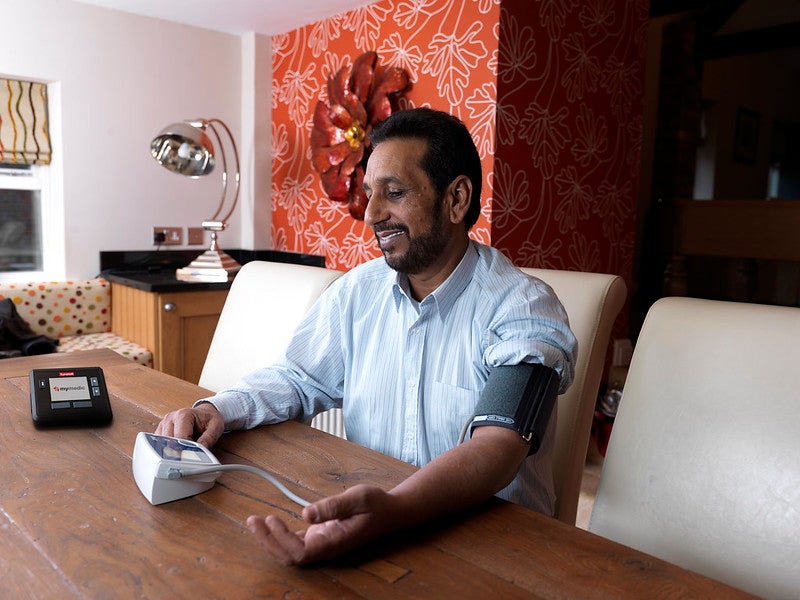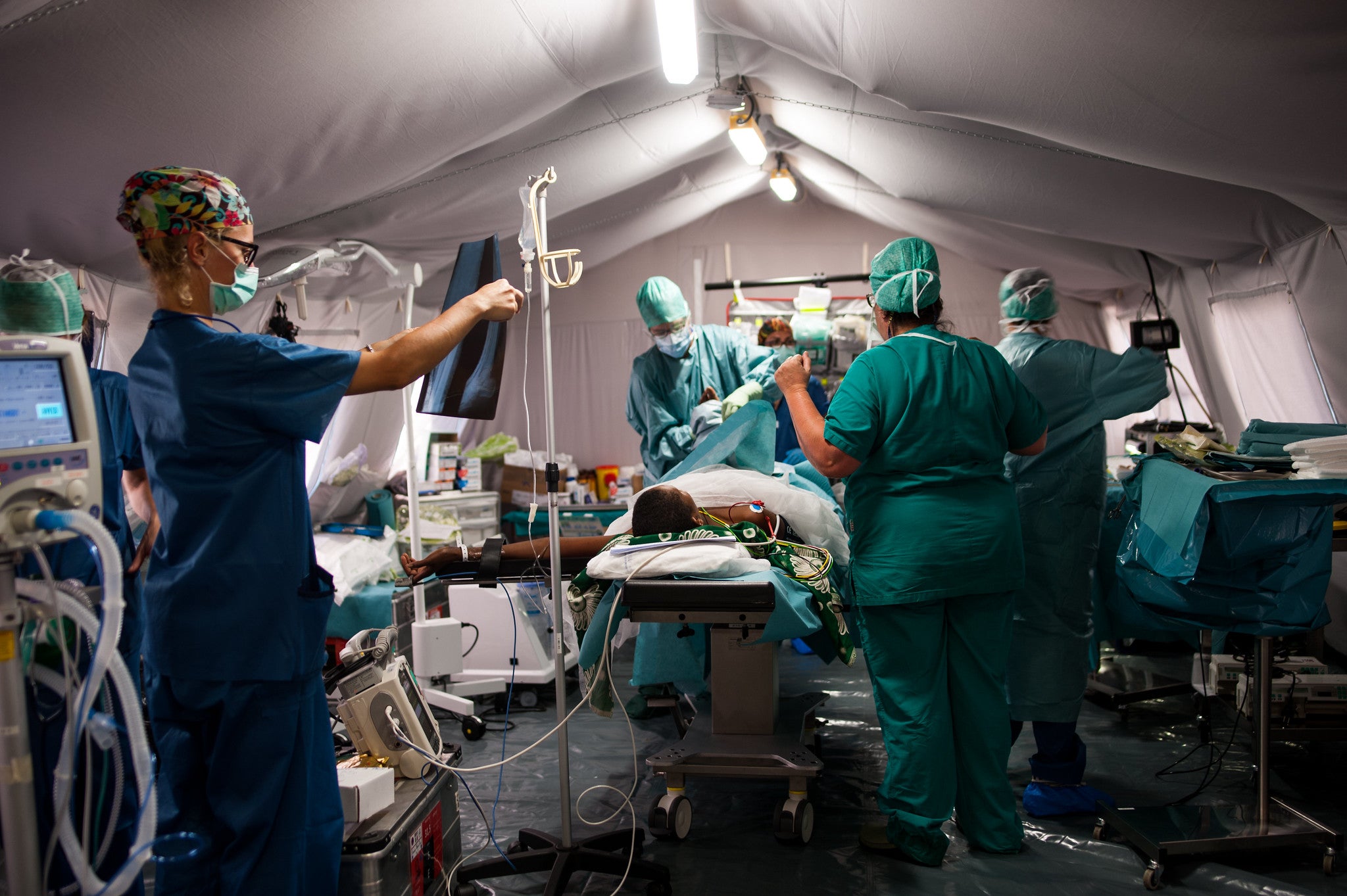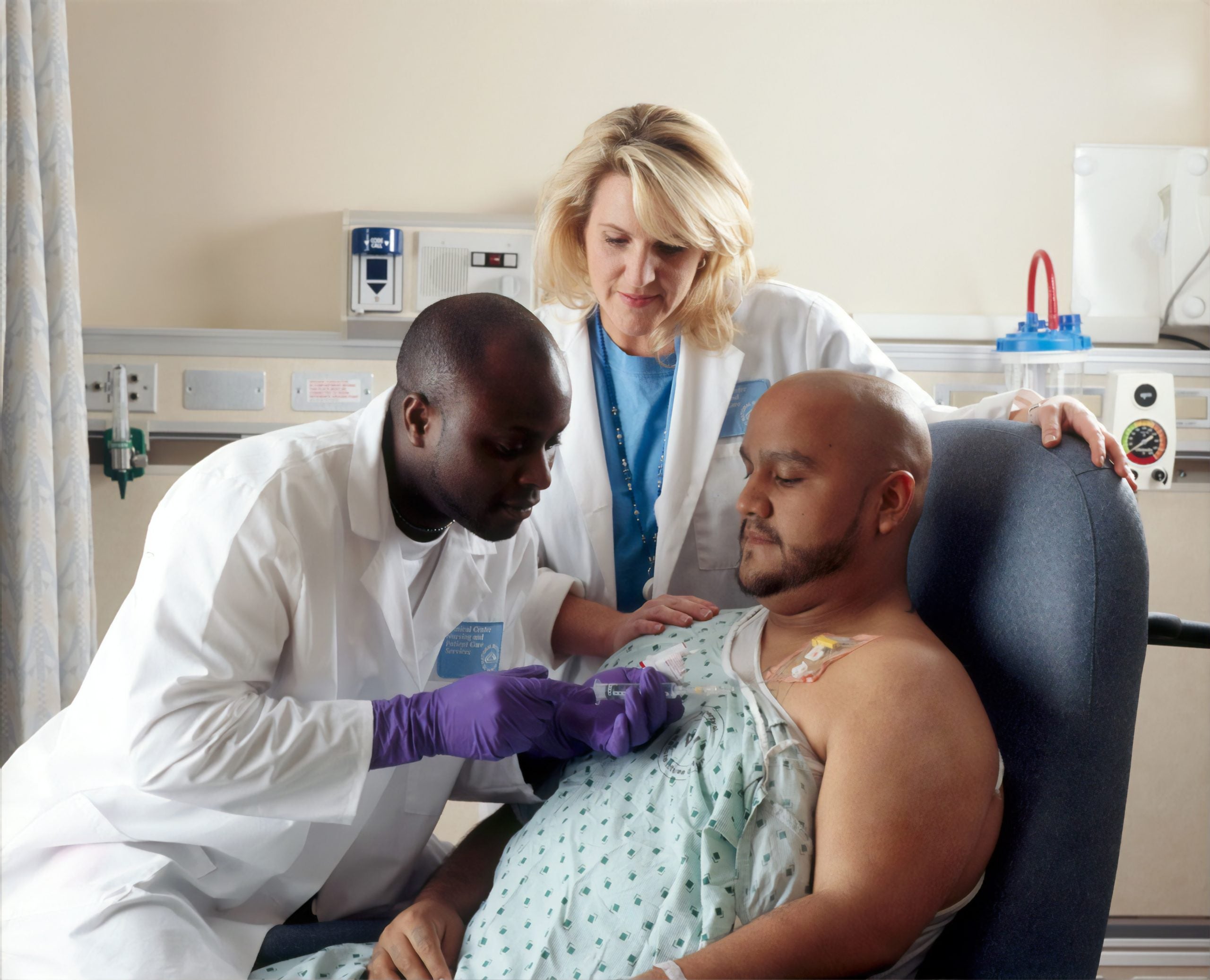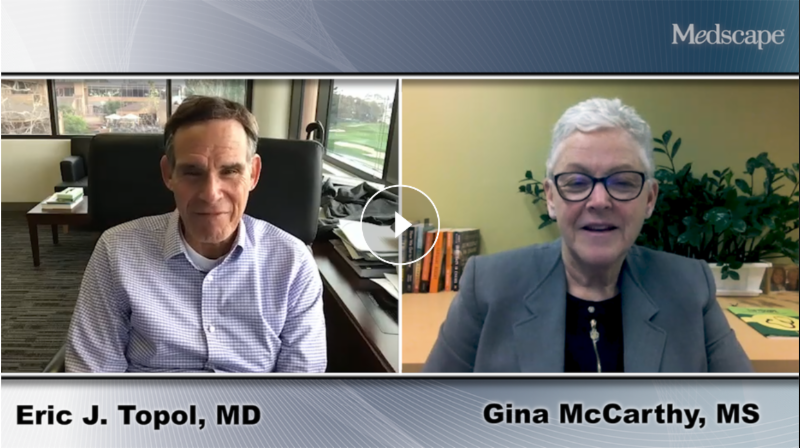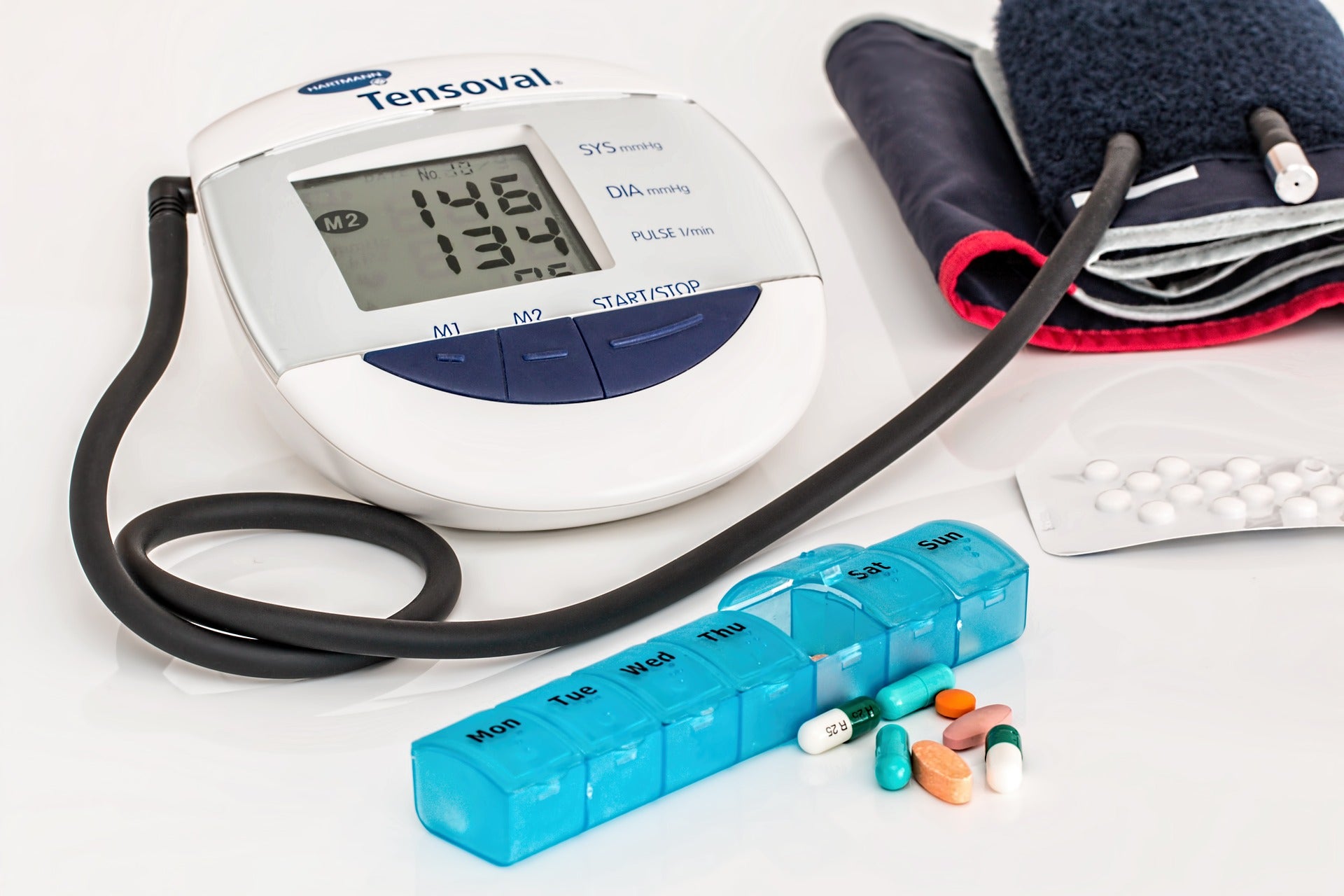Climate change threatens the ability of medical providers to deliver care to all those who need it. From extreme storms that interrupt care, to the health harms of air pollution created by hospitals and clinics, it’s clear that the healthcare sector must adapt and respond.
In a new article in Med Journal, our Director Dr. Aaron Bernstein lays out five pillars for the medical response to climate change:
-
- Education: Teaching climate change in medical school is essential to help future doctors understand how climate changes health, requires adapting clinical practice, and undermines health care delivery.
- Research: We need to know much more about how climate impacts health, including how heat exposure can affect medications and their side effects. Most existing studies address populations versus individuals, so it’s imperative to translate public health knowledge into patient care. We also need a much better grasp on how to prevent disruptions to care delivery in the face of disasters. Funding this research is vital.
- Preparedness: We need to climate-proof health care by ensuring continuity of care despite extreme storms, wildfires, and power failures. Taking action to fortify buildings and infrastructure, formalize evacuation plans, bolster medical supply chains, and improve the transfer of patient records are critical parts of safeguarding patients and operations.
- Decarbonization: The U.S. health care sector emits more greenhouse gas emissions than any other nation, and fossil fuel pollution is responsible for 1 in 5 deaths worldwide. When health care uses less fossil fuels, it promotes health today and provides a livable planet for the future.
- Speaking up: Health messages are among the most effective at inspiring people to take climate action—and the best messengers are health care providers, who can make climate change personal and actionable. Our Climate MD program engages, supports, and empowers medical professionals to turn awareness of the health threats posed by climate change into actions that improve health today.

